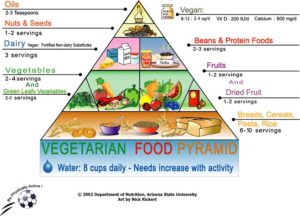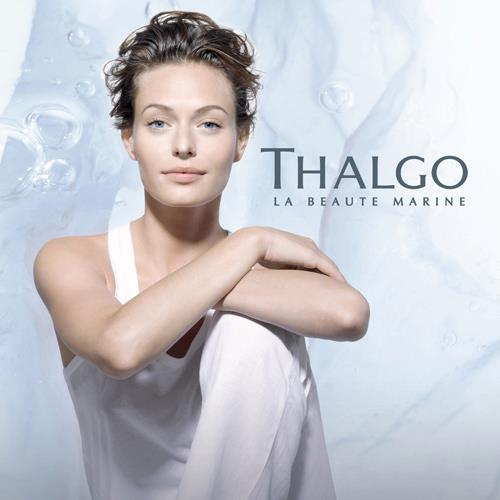
Rainbow Vision of Life Giving Foods
‘Aim to eat a rainbow of foods every day to ensure you are getting everything you need for optimum health and well being.’ – The Food Hospital, Dr. Gio Miletto, Lucy Jones, Dr. Shaw Somers.
Vegetarian Lifestyle
Being a vegetarian regardless of the kind of meat-free diet practiced, vegetarians should focus on getting enough protein, iron, calcium, zinc, vitamin B12, and vitamin D. By eating a variety of foods including fruits, vegetables, nuts and seeds, soy products, and whole grains, vegetarians can get adequate nutrients from non–meat sources. Vegetarians, especially vegans, need to pay attention getting enough protein, iron, calcium, vitamin D, vitamin B12, and omega–3 fatty acids. Being vegetarian we do not consume red meat but have to incorporate more fish, whole grains nuts green vegetables and vitamin C to aid absorption. Vegetarians need to make sure they get enough iron and vitamin B12, and vegans enough calcium, iron and vitamin B12.
Daily Food Plan
With pertaining to the main food groups of carbohydrates, fruits and vegetables, proteins and fats here is my day to day meal plan which normally consist of the following foods:
Carbohydrates are your body’s main source of energy they help fuel your brain, kidneys, heart, muscles and central nervous system. By consuming grains such as jasmine rice, thai noodles, couscous is quite essential in a vegetarians diet.
Fruits and vegetables give us plenty of fibre, vitamins, minerals , including folate, potassium and vitamins A,C and also protect against major illnesses, such as heart disease and cancer.
Proteins are essential as a vegetarian my diet would consist of tofu, nuts, seeds, kidney beans, chickpeas, and lentils. Protein is essential for growth and repair and the maintenance of good health.




